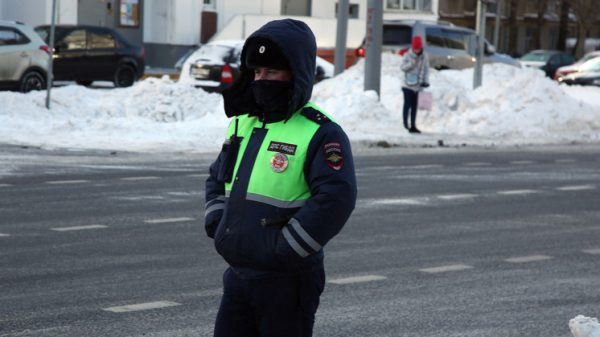Symptoms of Covid-19 appear to be partly down to genetic makeup, researchers at King’s College London have discovered.
The finding is based on data collected through the Covid-19 Symptom Tracker app, launched by the team last month.
While members of the public are encouraged to use the app to track how they feel day to day, the team also asked thousands of twins in the UK, who were already part of another research project, to use the app and record whether they had symptoms or not. The team employed machine-learning algorithms, together with data from the 2.7 million app users – many of whom have been tested for coronavirus – to work out the combination of symptoms that indicate an individual is likely to have Covid-19.
The team then focused on data from just over 2,600 twins to try to establish whether the symptoms experienced by those predicted to have Covid-19 was related to genetic makeup.
“The idea was to basically look at the similarities in symptoms or non-symptoms between the identical twins, who share 100% of their genes, and the non-identical twins, who only share half of their genes,” Prof Tim Spector, one of the scientists leading the endeavour, told the Guardian. “If there is a genetic factor in expressing the symptoms then we’d see a greater similarity in the identical [twins] than the non-identical [twins] and that is basically what we showed.”
The study, which has not yet been peer reviewed, took into account whether the twins were in the same household, with the results revealing that genetic factors explained about 50% of the differences between people’s symptoms of Covid-19.
More specifically, the team found a substantial genetic influence for the symptoms of fever, diarrhoea, delirium, and losses of taste and smell. By contrast, a hoarse voice, a cough, skipped meals, chest pain, and abdominal pain were not linked to genetic makeup.
Quick guide What are coronavirus symptoms and should I go to a doctor?
Show
Hide
What is Covid-19?
Covid-19 is caused by a member of the coronavirus family that has never been encountered before. Like other coronaviruses, it has come from animals. The World Health Organization (WHO) has declared it a pandemic.
What are the symptoms this coronavirus causes?
According to the WHO, the most common symptoms of Covid-19 are fever, tiredness and a dry cough. Some patients may also have a runny nose, sore throat, nasal congestion and aches and pains or diarrhoea. Some people report losing their sense of taste and/or smell. About 80% of people who get Covid-19 experience a mild case – about as serious as a regular cold – and recover without needing any special treatment.
About one in six people, the WHO says, become seriously ill. The elderly and people with underlying medical problems like high blood pressure, heart problems or diabetes, or chronic respiratory conditions, are at a greater risk of serious illness from Covid-19.
In the UK, the National health Service (NHS) has identified the specific symptoms to look for as experiencing either:
- a high temperature — you feel hot to touch on your chest or back
- a new continuous cough — this means you’ve started coughing repeatedly
As this is viral pneumonia, antibiotics are of no use. The antiviral drugs we have against flu will not work, and there is currently no vaccine. Recovery depends on the strength of the immune system.
Should I go to the doctor if I have a cough?
Medical advice varies around the world — with many countries imposing travel bans and lockdowns to try and prevent the spread of the virus. In many place people are being told to stay at home rather than visit a doctor of hospital in person. Check with your local authorities.
In the UK, NHS advice is that anyone with symptoms should stay at home for at least 7 days. If you live with other people, they should stay at home for at least 14 days, to avoid spreading the infection outside the home.
Was this helpful?
Thank you for your feedback.
“This disease is very weird, the way it has a very different presentation in the population in different people – what we are showing is that isn’t random,” Spector said. “It is not mainly due to where you live or who you have seen; a lot of it is something innate about you.
“I think you can say that your likelihood of getting it at all, or getting it severely, is under some genetic control.”
The team hopes the findings will help scientists ascertain the mechanisms by which Covid-19 acts on the body, as well as offering a possible way to predict those most at risk from the disease.
“Understanding how symptoms of [the disease] Covid-19 pass through the population may indicate the pathogenic mechanisms of [the virus] Sars-CoV-2 infection, as well as offering utility in the allocation of scarce healthcare resources, particularly intensive care beds,” the team writes.
They say the results could also help researchers around the world identify genetic variants that play a role in explaining why some individuals show no, or only mild, symptoms of Covid-19, which could in turn aid the development of drugs for the disease.
But there were other possible targets, Spector said, noting that genetics were closely linked to the immune system and microbes found in the gut.
“It reassures everyone that it is worth exploring this whole triangle of genes, immune system and gut microbes,” he said.





















































Свежие комментарии